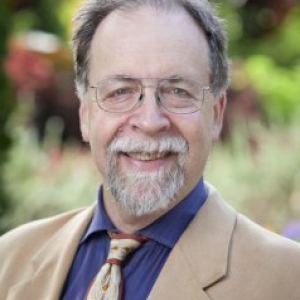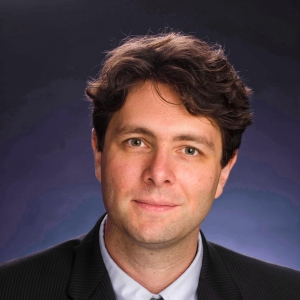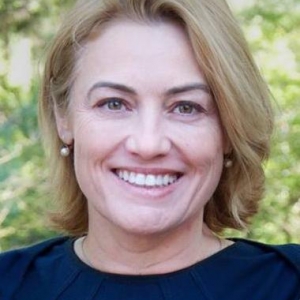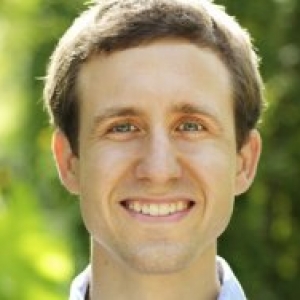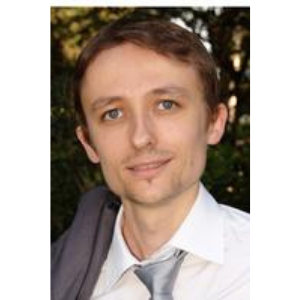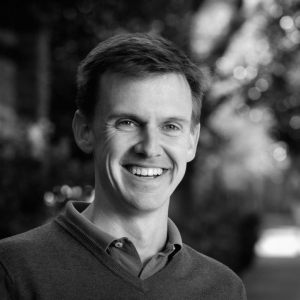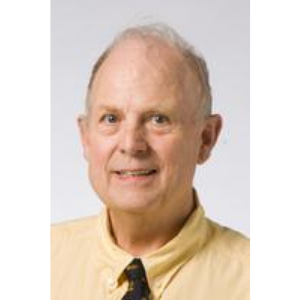The fields that fall under applied microeconomics use theory, data and empirical methods to address important economic questions with real world implications. Applied microeconomic questions address a wide range of issues, including labor, trade, urban, education, industrial organization, public, health, and environmental economics.
Development Economics
Development economics, one of the most exciting fields in economics today, is concerned with the behavior of individuals, families, firms and institutions including governments in developing countries. Studies seek to advance understanding of the dynamics of economic growth and productivity, poverty and inequality, population health and well-being across the globe from both a micro and macro perspective. Much of the work lies at the intersection of other fields in economics.
Duke faculty teach classes and conduct research to answer questions like:
- What are the most effective ways to help people move out of poverty? What role does microfinance play? In what ways do women who participate in these programs benefit? How can these--and other dimensions of financial markets--be designed to be most impactful?
- Exports from developing countries to higher income economies have sky-rocketed. What drives success of firms in the shorter and longer-term? What are the impacts for poverty and inequality in the exporting and importing countries?
- What types of work do people do in developing countries and how productive are they? How does this change as countries get richer?
- What are the effects of natural disasters on people in low income settings? What can we learn from their responses to disasters about economic behaviors of individuals and families?
Public Economics
Public Economics focuses on real-world settings where public intervention can improve the functioning of the economy. Our teaching and research addresses a variety of such questions, such as:
- What drives the location of pollution and what are ways to address environmental injustices?
- How does school spending impact educational attainment?
- Do policies that encourage college enrollment impact inequality?
- Can police reform address racial and ethnic disparities in the criminal legal system?
- Do corporate tax cuts increase inequality?
Public economics includes subfields like:
- Economics of Education
- Urban Economics
- Public Finance
- Health Economics
- Law and Economics
- Environmental Economics
- Race and Justice
Labor Economics
Labor Economics focuses on how individuals make decisions that directly or indirectly intersect with the workplace, as well as on how these decisions are valued in the labor market. Directly, labor economists study questions such as how individuals search for jobs, decide what job offers to accept, how much effort they exert on the job, and how individuals value characteristics of the job beyond just how much the job pays. Indirectly, labor economists study questions such as how individuals invest in their skills -- be it through job training programs or education -- as well as how the labor market influences investment in children and marriage decisions.
Labor economics also includes Economics of the Household.
Industrial Organization
Industrial Organization is more narrowly the study of markets where firms have market power, and more broadly the study of firms decision making.
Over the last twenty years, there has been extensive use of IO tools on how firms interact in markets, mainly structural ones, to a wide variety of policy issues:
- Energy Markets.
- Financial Markets.
- Healthcare.
- Labor markets.
- Antitrust.
International Trade
The field of International Trade is primarily interested in understanding why countries trade and the consequences of trade for their economies, welfare and income distribution. Broad themes include: (1) When is trade mutually beneficial and how large are the gains from trade?; (2) What are the patterns of trade? Who sells what to whom?; and (3) Should governments regulate international trade? Why so or why not?
| Faculty Member | Mentorship Area | |
|---|---|---|
|
Peter S. Arcidiacono, Professor of Economics Professor Arcidiacono specializes in research involving applied microeconomics, applied economics, and labor economics. His research primarily focuses on education and discrimination.
|
|
|
|
Charles Maxwell Becker, Research Professor of Economics Charles Becker is interested in exploring the economies of such countries as Kazakhstan, India, sub-Saharan Africa, Russia, and Kyrgyzstan.
|
|
|
|
Allan Collard-Wexler, Professor of Economics Allan primarily does research in the field of Empirical Industrial Organization. |
|
|
|
Michelle P. Connolly, Professor of the Practice of Economics Professor Connolly’s research in international trade has focused on the impact of trade policy on technological diffusion and growth, particularly in developing countries. |
|
|
|
Rafael Dix-Carneiro, Associate Professor of Economics Professor Dix-Carneiro’s research focuses on the adjustment process triggered by trade and globalization shocks such as trade liberalization episodes or the emergence of China as a key international trade player. |
|
|
|
Erica Field, Professor of Economics Professor Field’s major fields of interests are development economics, labor economics, economic demography, and health.
|
|
|
|
Robert J Garlick, Assistant Professor of Economics Garlick studies education and labor economics in developing countries. He is currently working on peer and network effects in education, determinants of education investments by households, and transitions between education and the labor market.
|
|
|
|
V. Joseph Hotz, Arts and Sciences Distinguished Professor of Economics Professor Hotz specializes in the subjects of applied econometrics, labor economics, economic demography, and economics of the family.
|
|
|
|
Rachel Kranton, James B. Duke Distinguished Professor of Economics Professor Kranton studies how institutions and the social setting affect economic outcomes. |
|
|
|
Timur Kuran, Gorter Family Distinguished Professor of Islamic Studies Timur Kuran's research focuses on (1) social change, including the evolution of preferences and institutions, and (2) the economic and political history and modernization of the Middle East.
|
|
|
|
Arnaud Maurel, Associate Professor of Economics Professor Maurel’s research focuses on labor economics, economics of education, and microeconometrics.
|
|
|
|
Marjorie B. McElroy, Professor of Economics Professor McElroy focuses her research on the subjects of labor, demand systems, and financial economics.
|
|
|
|
Thomas J. Nechyba, Professor of Economics Professor Nechyba conducts his research within the fields of public finance, fiscal federalism, and the economics of education.
|
|
|
|
James Roberts, Fred W. Shaffer Professor of Economics Professor Roberts' primary research interests are Industrial Organization and Applied Microeconomics. |
|
|
|
Duncan Thomas, Norb F. Schaefer Distinguished Professor of International Studies Thomas' research interests focus on population health and development.
|
|
|
|
Edward Tower, Professor of Economics Ed Tower coauthored the book "Introduction to Numerical Simulation for Trade Theory and Policy” with John Gilbert. It's a guide for students working on trade policy issues. |
|
|
|
Daniel Yi Xu, Professor of Economics Professor Xu studies innovation, productivity growth, and industry dynamics in developing and emerging economies. |
|


